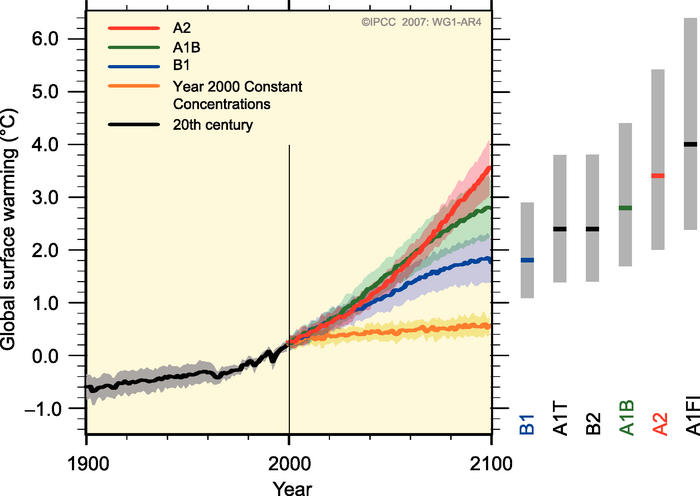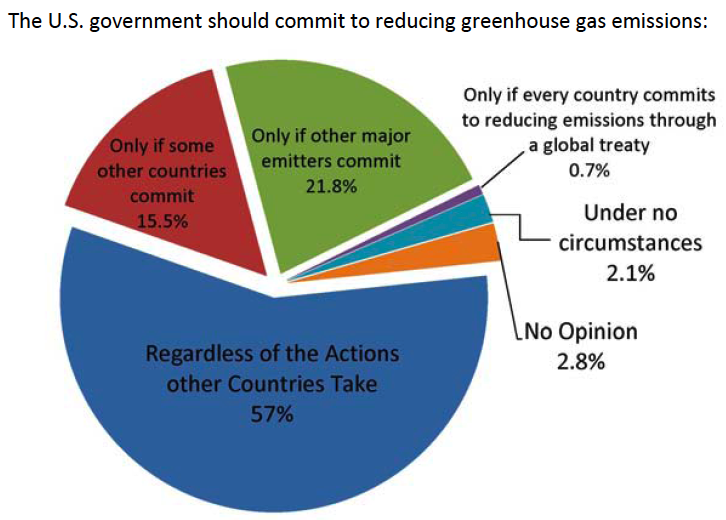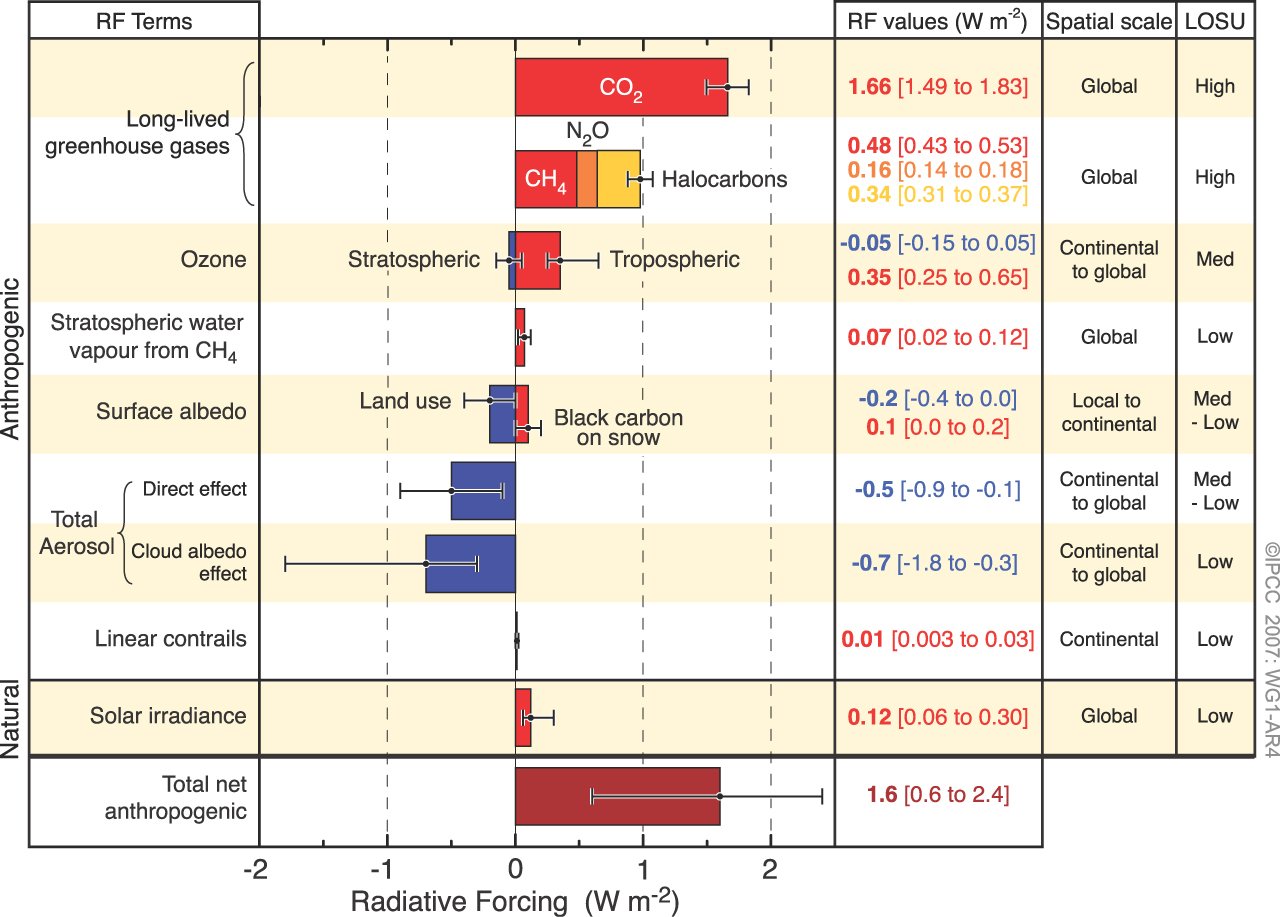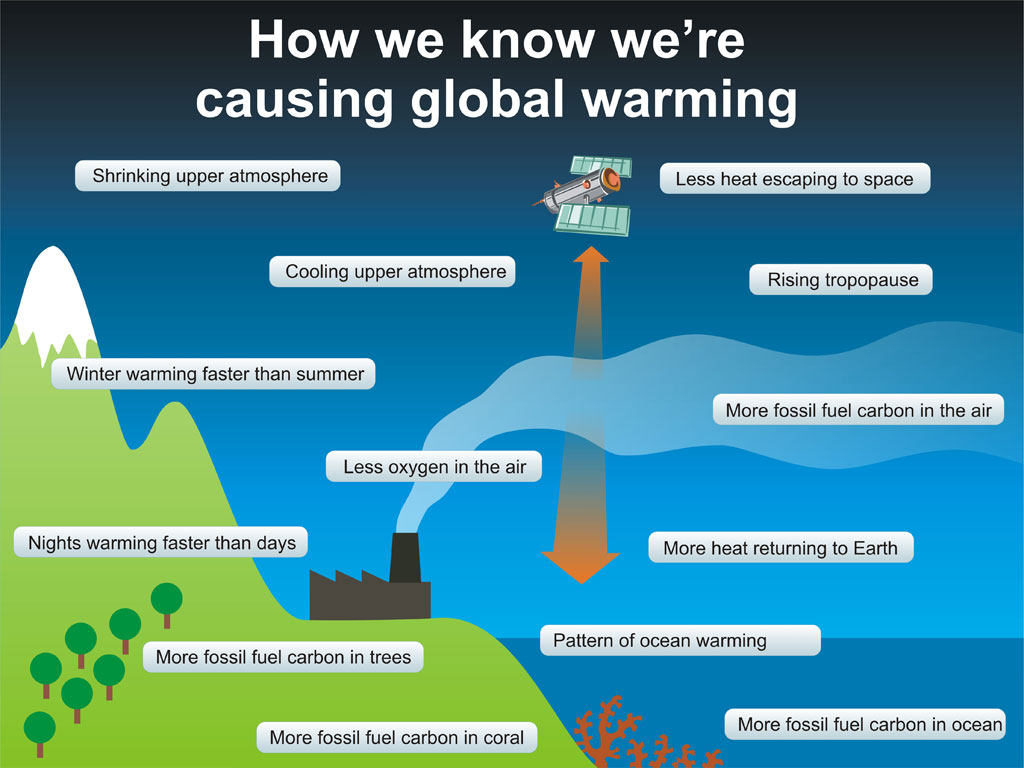Yes, It's Still Us, and It's Still Bad
Posted on 28 October 2011 by dana1981
Now that the Berkeley Earth Surface Temperature (BEST) study results are in, and have confirmed the accuracy of the surface temperature record (see here and here), those "skeptics" who spent years disputing the accuracy of the record despite all the evidence pointing to its accuracy are now shifting the goalposts.
Climate "skeptic" and WattsUpWithThat (WUWT) contributor Maurizio Morabito incorrectly predicted that the BEST results would show less warming than the records compiled by NOAA, NASA, and HadCRU, but he did make one nearly correct prediction on the subject:
"Several attempts will be made by climate change conformists and True Believers to smear the work of BEST, and to prevent them from publishing their data"
Although unless Anthony Watts is a "climate change conformist and True Believer," he got the party wrong:
"the Muller et al paper uses data for comparison from 1950 – 2010....I see this as a basic failure in understanding the limitations of the siting survey we conducted on the USHCN, rendering the Muller et al paper conclusions highly uncertain, if not erroneous....I consider the paper fatally flawed as it now stands, and thus I recommend it be removed from publication consideration by JGR until such time that it can be reworked....it appears they have circumvented the scientific process in favor of PR." -Anthony Watts
Indeed, since the BEST results became public, rather than accept their results as promised, WUWT has produced a steady stream of attacks on their work, including a mocking cartoon and guest author Willis Eschenbach going as far as to call the BEST team "media whores". Twice.
Morabito has now published a new post on WUWT attempting to minimize the impact of the BEST results, claiming that the following three questions (quoted from Eschenbach) remain unanswered:
"To date, I have not seen any “useful quantative results” regarding [how much increasing greenhouse gases will warm the Earth].
Once those quantitative results are in, we can proceed to the next question — is a warmer earth better or worse on balance?
...is there a cost-effective way to reduce the GHGs, or are we better off putting our money into adaptation?"
Likewise, Kenneth Green at Master Resource has asked the exact same questions in a separate article. Clearly, now that they are forced to admit the planet is warming, the "skeptics" are doubling down on these other climate myths. Green, Morabito, Eschenbach, and the WUWT folks in general would benefit from reading Skeptical Science (SkS), because we have answered all of these questions many times.
Quantifying the Increased Greenhouse Effect
Coincidentally, my very first post on SkS was on quantifying the human contribution to global warming. It's actually not a terribly difficult exercise - all we need to know are the radiative forcing and climate sensitivity. Quantifying the net human influence on the climate is a more difficult task, because the magnitude of the cooling effect from aerosols remains highly uncertain.
However, quantifying the increased greenhouse effect is relatively simple. We know the atmospheric concentrations of greenhouse gases with high precision, and the associated radiative forcings are known with a high degree of confidence (Figure 1).
Figure 1: Global average radiative forcing in 2005 (best estimates and 5 to 95% uncertainty ranges) with respect to 1750. Source (IPCC AR4).
We recently discussed this subject during our dialogue with Dr. Pielke Sr., and showed that using the CO2 radiative forcing estimate of Skeie et al. (2011) and the Padilla et al. (2011) 90% confidence range for the transient climate sensitivity parameter, we can estimate a CO2 contribution of 0.64 to 1.28°C, with a best estimate of 0.79°C warming of average global surface temperature over the past ~150 years. If we add in the warming effects of the other long-lived greenhouse gases, the best estimate rises to 1.22°C surface warming caused by human emissions (we've only observed ~0.8°C warming because much of that has been offset by human aerosol emissions). And the IPCC has quantified how much future warming we can expect in various emissions scenarios - in the ballpark of 4°C above pre-industrial levels by 2100 if we continue on our business-as-usual path (Scenario A2) (Figure 2).

Figure 2: Global surface temperature projections for IPCC Scenarios. Shading denotes the ±1 standard deviation range of individual model annual averages. The orange line is constant CO2 concentrations at year 2000 values. The grey bars at right indicate the best estimate (solid line within each bar) and the likely range. (Source: IPCC AR4).
We believe these are "useful quantitative results," and thus Morabito and Eschenbach's first question has been answered. And of course on top of these quantitative results, there are the many empirically-observed fingerprints of man-made global warming (Figure 3).
Figure 3: 'Fingerprints' of man-made global warming
It's Bad
Morabito proceeds to make various "common sense" arguments as to why a warmer world would benefit humanity, for example "a warmer world is predicted to be a wetter world, which overall can only be a good thing." This is quite obviously a grossly oversimplified argument. How much wetter, and what part of the climate system (atmosphere? surface?)? Uniformly wetter, or will some areas receive the bulk of the increased precipitation? Without answering these questions, arguing that a "wetter world" will necessarily benefit humanity is foolish. "Common sense," when based on ignorance, is rarely correct.
As SkS has documented, the balance of the consequences of rapid climate change will be bad, according to the peer-reviewed scientific literature. Increased evaporation will lead to drier land, while increased atmospheric water vapor will lead to stronger storms concentrated in smaller areas, meaning more floods and more droughts, depending on the geographic location. Sea levels will rise, flooding populations along the coastlines (where a large percentage of people live), and ocean acidification will cause marine ecosystems to decline. We are also currently on pace to trigger the Earth's sixth mass extinction, with climate change playing a major role.
Even if you deny all of this scientific evidence, risking the future of humanity on little more than your optimism and personal beliefs is extremely unwise and poor risk management.
Cost-Effective Solutions
There appears to be a very strong correlation between climate "skepticism" and ignorance of climate economics. Watts, Monckton, Christy, Spencer, Lindzen, Montgomery, and a large number of politicians have all incorrectly argued that putting a price on carbon emissions will damage the economy. What all of these "skeptics" fail to understand is that we already have to pay the external costs of those emissions (which we experience through climate change impacts). If those costs are reflected in the market price of the carbon emissions sources (which they currently are not), then people can accurately consider those costs in making their purchasing decisions.
In short, putting a price on carbon emissions is a free market solution that remedies a market failure (external costs). That's why there is an economic consensus that we should put a price on carbon emissions (Figure 4), and why Nobel Prize-winning economist Paul Krugman called putting a price on these emissions "Econ 101."

Figure 4: New York University School of Law Institute for Policy Integrity survey of economists with expertise in climate, results when asked under what circumstances the USA should reduce its emissions.
It's also why even conservative economists like Nicholas Muller, Robert Mendelsohn, and William Norhaus agree that we should put a price on carbon emissions, even when their estimates of the current external costs of those emissions are exceptionally conservative. Simply put, economic analyses have consistently shown that the benefits of carbon pricing will exceed the costs several times over. Thus, to answer the third Morabito/Eschenbach question, carbon pricing systems are indeed cost effective solutions.
Doubled-Down Denial
It's understandable that those who are in denial about anthropogenic climate change are shifting the goalposts now that the BEST results have made the accuracy of the surface temperature record almost impossible to deny. However, the BEST results have not made the body of climate science (or economics) literature disappear. Multiple lines of scientific evidence overwhelmingly show that human greenhouse gas emissions are the dominant cause of the current global warming, that the consequences of that warming will on the whole be bad, and that there are cost-effective solutions to the problem, of which carbon pricing systems are a critical component.
If BEST convinces the self-proclaimed "skeptics" to stop denying the accuracy of the surface temperature record, that will be a small step in the right direction. But rejecting the rest of the body of climate science and economics research is still denial, and doubling down on different climate myths is not going to solve our problems.































 Arguments
Arguments
































[DB] Your linked source speaks eloquently for itself. I'm sure all readers will be able to determine for themselves its veracity and assign it an appropriate measure of reliability.
A larger issue is that this is the anticipated response from "skeptics" when their expected "silver bullet" audit into the heart of AGW turns out actually to verify the basic accuracy of the global temperature records. That then they resort to this type of "fair-balanced" piece as a form of damage control should hardly come as a surprise to anyone.
First, Faux-Climate-Gate. Now Faux-BEST-Gate. Deja-vu, all over again.